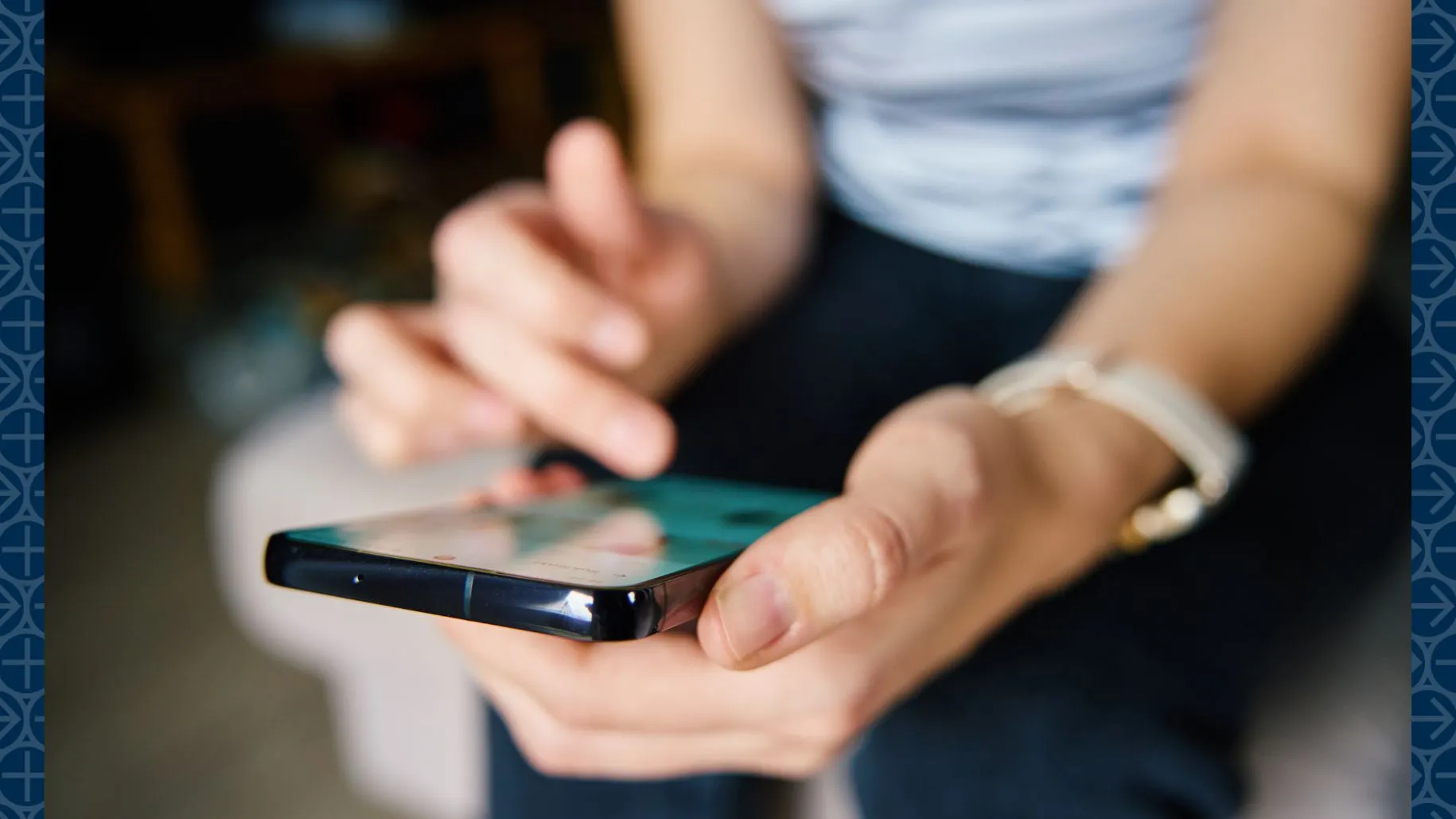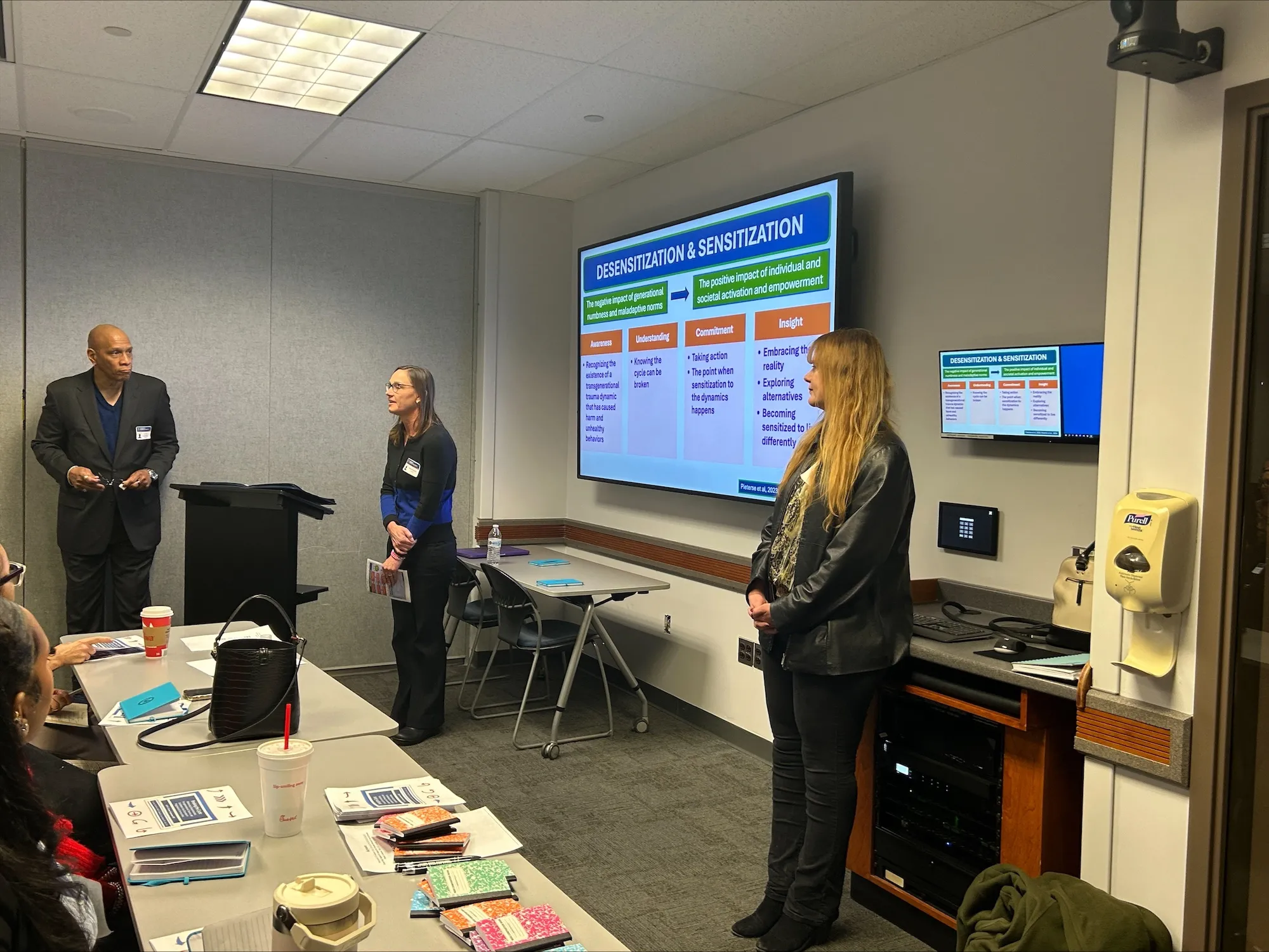
LVC News
- Accounting
- Accounting/MBA 3+1
- Actuarial Science
- Allwein Scholars
- Alumni Profiles
- Athletic Training
- Athletics
- Awards
- Biochemistry & Molecular Biology
- Biology
- Breen Center
- Business Administration
- Campus
- Chemistry
- Clinical Exercise Physiology
- Clinical Mental Health Counseling
- Community Service
- Computer Science
- Creative Arts
- Creative Writing
- Criminal Justice
- Data Science
- Digital Media
- Economics
- Education
- Engineering
- English
- Environmental Science
- Esports
- Exercise Science
- Faculty Profiles
- Gallery
- German
- Giving
- Graduate Studies
- History
- Honors
- Intelligence and Cybersecurity
- Interaction Design
- International Business and Policy
- LVEP
- Marketing
- Mathematics
- MBA
- Medical Humanities
- Medical Laboratory Science
- Music
- Music Education
- Music Production
- Neuroscience
- Nursing
- Physical Therapy
- Physics
- Political Science
- Pre-Law
- Pre-Medical Professions
- Psychology
- Self-Designed
- Social Justice and Civic Engagement
- Sociology
- Spanish
- Speech-Language Pathology
- Sport Performance
- STEM Education
- Student Profiles
- Study Abroad
- Sustainability
- Transfer
- Undecided/Exploratory
The Impact of Social Media Misinformation on Mental Health

Insights from Dr. Kathy Richardson
In the digital age, social media has become a dominant force in shaping public perceptions, including how people understand and discuss mental health. While the accessibility of psychological concepts can promote awareness and reduce stigma, the widespread sharing of misinformation can also lead to significant harm. Dr. Kathy Richardson, assistant professor of mental health counseling at Lebanon Vally College, has extensive experience about the complexities of social media’s influence on mental health and the risks associated with misinformation.
One of the most prevalent issues Richardson identifies is the misuse of psychological terminology. Terms like “gaslighting,” “boundaries,” and “toxic relationships” have entered everyday conversation, often in ways that dilute their meaning. “For example, the word ‘trauma’ has been used to describe innocuous events that are annoying but certainly not traumatic,” Richardson explains. “Someone might say, ‘I was traumatized because Starbucks ran out of almond milk.’ Overuse and misuse of these terms can cause them to lose their power and meaning.” Additionally, complex psychological tactics like gaslighting—a deliberate manipulation tactic designed to make someone question their reality—are often misused to describe simple disagreements. This misapplication can obscure the severity of actual psychological abuse.
Richardson has also observed an increasing number of clients self-diagnosing and determining treatment plans based on social media content. “As a counselor, I have been surprised to have new clients arrive at my office with a diagnosis and treatment protocol in mind,” she says. “When I ask who diagnosed them or recommended the treatment, the answer is often social media.” Mental health professionals are trained to assess, diagnose, and develop appropriate treatment plans. However, when individuals come in convinced of their condition based on unverified online sources, it can make effective treatment more difficult. Misinformation can also lead individuals to avoid seeking professional help altogether, opting instead for unproven or experimental treatments that may not be effective.
The spread of misinformation can have severe consequences, including misdiagnosis, inappropriate treatment, erosion of trust in mental health providers, and difficulties in relationships. When people become fixated on certain psychological concepts without proper understanding, they may misuse terms in ways that damage their interactions with others. Misunderstood psychological terms are sometimes used as weapons in relationships, leading to increased conflict and isolation.
Richardson notes that different platforms contribute to the spread of misinformation in various ways. TikTok is a primary source among teens and young adults, while Facebook and Instagram tend to influence parents. Twitter/X also contains misleading information, though to a lesser extent in her observations. She expresses concern about licensed mental health providers sharing online content that may be misinterpreted. “As a licensed provider, I’m very concerned about the increase of mental health professionals offering online content due to the risk of misinterpretation,” she says.
Licensed mental health providers cannot provide a diagnosis or treatment recommendation without assessing an individual’s history, overall functioning, and their current context. Mental health treatment is not a “one size fits all” situation, but the nature of social media lends itself to a false sense of causality (if you have A, then do B to fix it…). Real life is much more complicated than that and consumers must be mindful that online professionals (or non-licensed influencers) do not know all of the details of their situation.
To navigate the flood of mental health information on social media, Richardson advises verifying information with qualified professionals, scrutinizing credentials, consulting peer-reviewed research, and using psychological terms responsibly. “Just because someone has letters behind their name does not make them an expert,” she warns. Certification programs and short-term training courses may not equate to true expertise. “An intense credentialing program with testing and supervision is much more respected than a weekend training course,” she notes. When encountering new psychological concepts, checking academic sources can provide a clearer understanding of their true definitions and implications. Using psychological terms thoughtfully and not as a means of controlling others is essential. “Boundaries aren’t inherently bad, nor is stepping away from a truly toxic relationship,” Richardson explains. “But using these terms as weapons is unhealthy.”
With Meta loosening its policies on misinformation, Richardson believes navigating social media content will become even more challenging. “Social media feels like the Wild Wild West right now,” she warns. “It is hard to know what to believe. Finding reputable sources and looking to true experts—credentialed, licensed professionals in the field—is now more important than ever.”
While social media has the power to spread awareness and destigmatize mental health conversations, it also poses significant risks when misinformation goes unchecked. By critically evaluating information, consulting professionals, and using psychological concepts accurately, individuals can protect their mental well-being in an era of digital misinformation.




